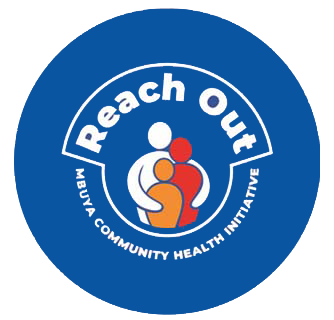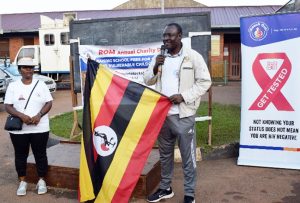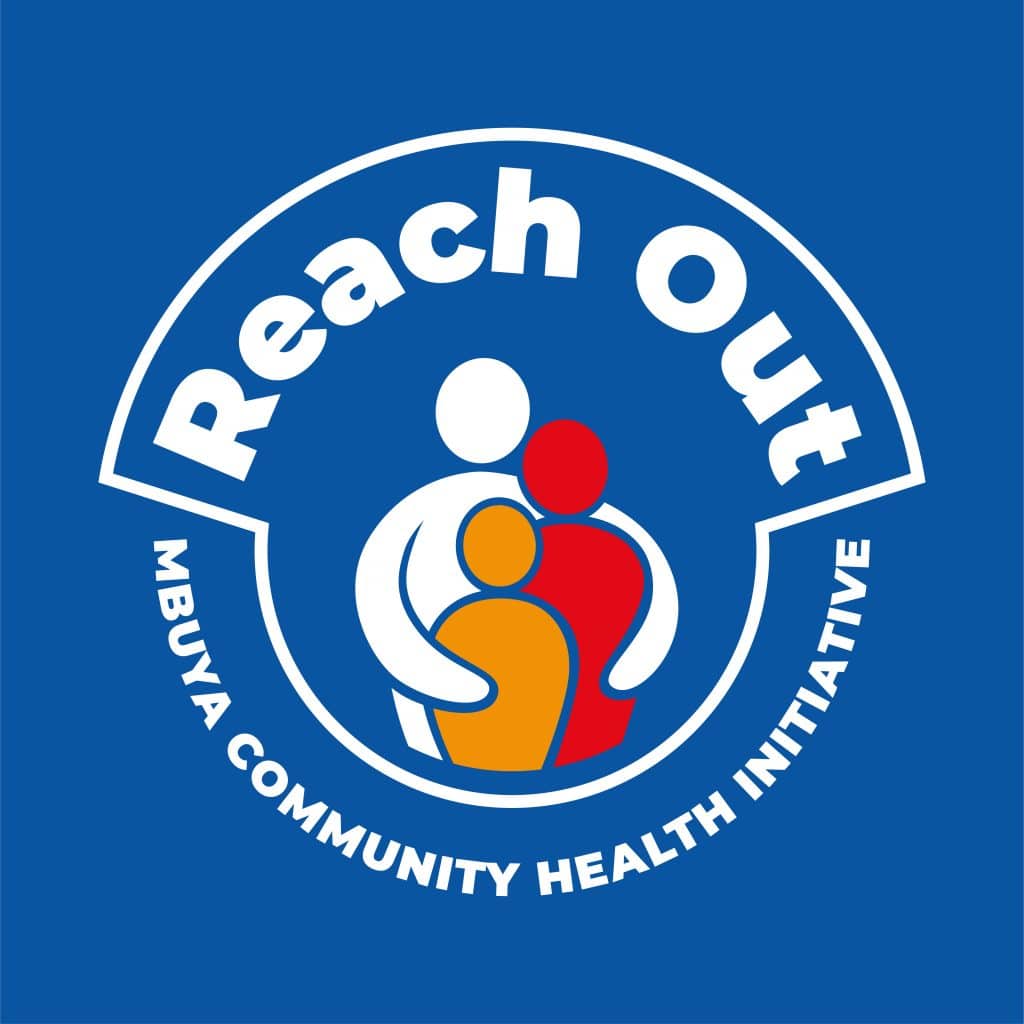
By Rebecca Nantondo Baagala
The current statistics from the Ministry of Health indicate a scary rise of COVID -19 imported infections by interstate cargo drivers commonly known as the truckers.
As we closed the month of April, cargo drivers accounted for 25 of the total 83 cases recorded in the country. Despite the nation’s commendable efforts of managing to contain the spread of the virus, long-distance drivers traversing the country are posing a real risk.
Unfortunately, many of these truckers live reckless lifestyles that include engagement in transactional sex a challenge that continues up to now in the struggle to mitigate the spread of HIV plus other infectious diseases.
As the East African countries come together to manage the growing threat of the COVID-19 spread by truckers, it would be great to leverage the best practices that have been used in HIV management where truckers are regarded as a priority population. Recalling the late 1980s when Uganda was one of the countries most affected by the AIDS epidemic but successfully achieved a drop from the HIV prevalence of 18% to 6% by 2019, unfortunately, the prevalence rate among this Key Population is still high ranging between 25% to 32%.
The use of different targeted approaches that support truckers to appreciate the risk they put to the public through their risky behaviors and implore them to change, mitigate these risks plus abide with public health guidelines come in handy at this time. Such approaches include the establishment of designated wellness centers with skilled counsellors that are able to receive the truckers and as they rest en-route to their destinations.
At these centers they will be screened for infectious diseases, treated and necessary referrals made in case of testing COVID-19. Follow up and continuous reviews will be important as the infections identified and not treated keep lingering in the communities as they come and go.
Such wellness centers in this particular pandemic may be controlled to close out sex workers or public interaction.
They need proper rest as they ply the long-distance routes otherwise may result in increased accidents resulting from fatigue. Contact tracing from the new HIV positive person medically known as Assisted Partner Notification has had high yield and has enabled health workers to link truckers to health services and support the management of their conditions saving the public infections. Involving other implementing partners has offered breakthroughs in reaching truckers and easing the targeted testing of this category.
Countries need to quickly overcome local barriers for the adoption of Coronavirus self-testing like in the case of HIV self-testing following the WHO recommendations and quickly develop an implementation strategy that will scale it up swiftly. It is possible to implement an effective COVID-19 pandemic response that manages truckers’ movements and mitigates the spread as they support our economies to keep afloat in the situation at hand.
Maybe this is the time to re-think the management of cargo movement logistics in the region. The same vigor used in the fight against HIV among truckers should be applied and built upon in the fight against COVID -19.
Together we will curb the further spread of HIV and Coronavirus.
The writer is the Outreach Services Officer at Reach Out Mbuya Parish HIV /AIDS Initiative
As published in the New Vision e-paper on Wednesday, May 6, 2020



